Lexi Radcliffe-Hart
Having co-founded a strategic business communications firm in New York, and worked at some of the best-known global companies, Tina has built a portfolio career using this foundation to brand, coach and counsel executive professionals.
Reflecting on the different stages of her career, Lexi caught up with Tina on our podcast series
PortfolioCast to discuss how her metamorphosis has developed from law student, to communications expert and now executive coach, whilst balancing her family and portfolio career.
Q: You’ve been building up your experience as you’ve been developing in each part of your career. At what point did you move into specialising as an executive coach and counsellor?
A: There were a couple of things. I’d always been interested in coaching. When I was in Energy, I worked with an amazing leadership and team coach, when I was part of an executive team. And it really blew my mind in terms of what he was able to bring to the table, how he was able to get us to work together, work through conflict, come together strategically. And as people, as humans.
His company ran a course, which I went on as part of my sort of executive development. And it was life changing. I left the course, a bit of a different person, because I had had the opportunity to see and understand and have a window into a career. And this kind of art / science of coaching and what it delivered and how fulfilling it could be.
And I kind of thought, okay, that’s helped me be a better leader. But I’m going to park that, because I really like what these guys are doing. And it’s so fascinating, but I don’t really know how to connect with it right now. Because I’m on this path. And the path is working now.
As I was going through the metamorphosis of motherhood, that’s when everything changed. And I didn’t want it to, Lexi. I really wanted to believe that I could have children and carry on as I had been participating in a career in a large company. Or even as a co-founder of this agency. Although I then had the flexibility to see my kids, I was working all the time and I was burning out. Because I was still on that company timetable.
I sort of woke up one day, and I think it was May, and my husband and I were chatting, and we’d figured out that we haven’t both been in the city for the whole week, for one week, that year. We were just tag teaming it.
And that’s when I realised I loved what I was doing. But it just wasn’t a sustainable way of living for me at that point in my life.
So I was like, “Okay, this is the time. So how am I going to metamorphosize again? And what’s the approach going to be?”
So, I had a meeting with a friend and mentor and he said, “so what are you going to do next then?” I said, “Well, you know, I’ve been thinking about a couple of ideas.” We had a really great conversation about coaching, getting certified, accreditation, lifestyle, market opportunity, all of it. I came back and I thought, yeah, I want to do it. I was really fired up about it, excited. So I started looking into courses at different universities across the US and I found a course that was amazing for me, because it was leadership coaching for organisational performance.
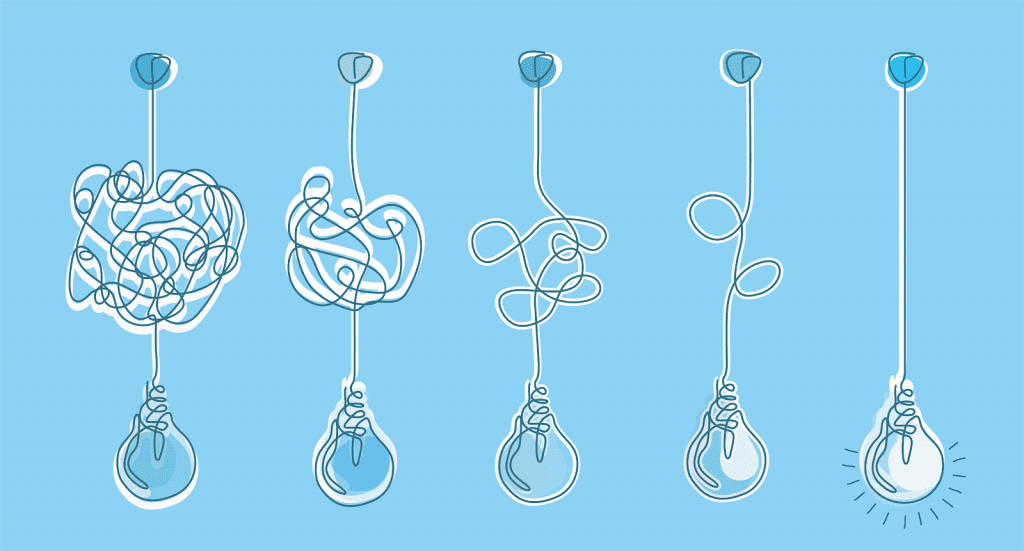
“So I was like, “Okay, this is the time. So how am I going to metamorphosize again? And what’s the approach going to be?”
So it had been created to go in and work with executives in companies, which I’ve been doing in a different guise as a corporate communications expert, and then as an agency in certain areas.
Coaching is about working with someone else to get there themselves. So you’re building sustainable muscle and capability in somebody else. And it’s so fulfilling.
Q: What does success look like to you right now?
A: I feel like this is the meaning of life question a bit! Because it always changes and do we ever actually get there 100%? I don’t know.
But at the moment, I think when I think about success, I think about it from two different perspectives. First of all, from my personal perspective in terms of happiness. From a personal perspective, I feel like I’ve got a reasonable balance. There’s an equilibrium: there’s a harmony between the roles that I need to play for the family and want to play and be around for the kids. And the satisfaction of the intellectual curiosity, the continuous learning, and this sort of need to contribute, that I have.
So if I can do those two things, then that’s success to me.
From a professional perspective, in terms of what I do in coaching, it’s about making a difference.
It’s about changing something to get to a better outcome, helping someone to see something differently, facilitating a better understanding of something or a new insight.
All of those things I find hugely rewarding. And when you get to those breakthrough moments in the work that you do with someone, I mean, the adrenaline rush is just unbelievable. And the happiness that I feel is like, “okay, yes, that was I did a good thing today, I contributed and made a difference.”
And to me that that’s success.
Q: What is one of the hardest skills as a portfolio professional that you’ve had to learn?
A: There’s a couple of things actually. When you depart from the career path that is more typical, you leave a culture, you leave cameraderie, behind you. You leave a network of people that you know, and have worked with who were all over the world and bring a lot to you and help your learning.
Portfolio careers can be quite lonely and quite isolating, which is why I think the peer group, the strategic alliances, the partnerships are really important.
As a person, I’m quite deadline driven. And I respond to pressure. I wouldn’t necessarily say that’s when the best work gets done, it’s just kind of how I am. And so I find that when you’re in a portfolio scenario, you’ve got to be a self starter. You know, there is no deadline. So it’s all going to come from you. And you’ve got to kind of keep that pace up, even when someone else isn’t asking for the work. So that was a big shift at the beginning.
And the accountability piece, i.e. not not doing something, because something more senior than you has asked you to do it, right? And the infrastructure piece that we talked about before too – so having to become an accountant, a tax expert, and IT person, I mean, all of these things that you have to learn. And it’s great to learn it, it takes a lot of time. Trying to balance and manage that infrastructure, I think has been a learning process.
Q: What’s the most important bit of advice that you’ve received with regards to building and relying upon your network?
A: I remember hearing a piece of advice, when I was quite young, actually, from a very senior leader in the company I was in who said, “Never underestimate the importance of your network.” And the story was that he did. And it really hurt him. And it took him about two years to get it back.
I didn’t really know what that meant at the time. But I just remember thinking, because I guess I didn’t really have a network. It was in my first year, and I was just sort of learning how it all works. But I think my advice to me, now that I have learned what it means, is don’t treat it like a commodity.
We use this collective noun, a network. A network is actually a lot of people, individual people, it’s a network of relationships, it’s all about relationships, and each of them is singular, and important and unique.
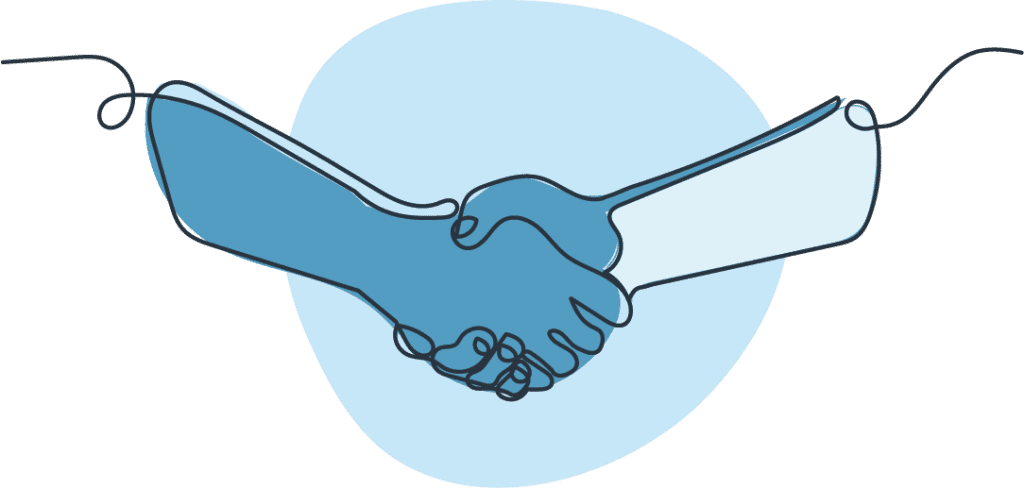
I like to keep it personal. And I like to try and offer and give, if I can help. If I read an article that I think would be interesting to someone, I share it. It’s not a take scenario, it’s a mutually beneficial scenario. And I think you must be able to and be prepared to give as much as you would be prepared to ask for because that reciprocity is really important. And the respect that is kind of built into that, is very important.
Q: Do you have any advice for your fellow portfolio professionals who are just starting out, or maybe have been doing it for some time, but want to refresh the kind of perception, they give out when they’re networking, and how they can better communicate themselves?
A: There is a huge opportunity to brand yourself as an individual and that’s not meant to sound contrived. It’s about being aware of who you are and how you show up and what you want people to take away from you. Because there could be elements of you and your offer, that you have assumed people know about it, because it’s what you’ve done. But people don’t know anything about you really.
You show up as a blank piece of paper. So what do you want that person to write on your blank piece of paper? After they’ve met you, and you walk away from the conversation. What is it about you that they now know about? And how should they think about you in terms of potential work or collaborations or opportunities? And that’s what I mean by personal branding.
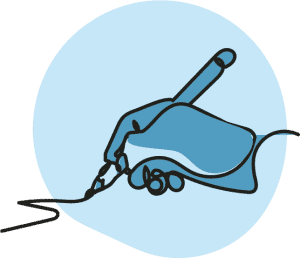
“So I was like, “Okay, this is the time. So how am I going to metamorphosize again? And what’s the approach going to be?”
And it’s not necessarily about the way you wear your hair or the clothes that you wear, but it’s all part of it. Because those things tell people a lot about you via the nonverbal piece, and a lot of people use that to make statements about themselves and quite rightly.
I think it’s about being aware of all of it, and how to communicate and transmit what big touch points are.
In the COVID world, for example, where people can’t meet you in the same way, how else can they get to know about Lexi? What are the touch points are there? What’s your digital footprint? What content do you have out there? is really important.
And then I think as a sort of separate point of departure, before you even think about that blank piece of paper and what you want people to write on it, I would say, get really, really clear about what your story is. So what’s your personal narrative? Why are you doing what you’re doing? Why are you good at it? What have you done that makes you a contributor in this field? And how is that going to help you bring value to other people?
I think articulating that story is really important. And it all comes from you. You’re not fabricating something that’s not there, you’re just bringing forth, you and your persona and kind of what you’re all about, and then putting that down into what are my values? What’s my mission in terms of the work I do? What am I hoping to bring and achieve and contribute? And what vision do I have about what I want to do?
I think that North Star is really important. And when you’re crystal clear about that, then you can start looking at well, how do I manifest that? How do I communicate that? How do I make that clear, to people? That story is the strategy behind is essentially what it is, is really important, then you think about how to communicate it and manifest it. And then I think it’s about establishing expertise.
Listen to the whole conversation on Episode 3 of PorfolioCast:
Think this sounds like the right path for you? Come along to our monthly Community Welcome Call for new members to find out what a portfolio career could look like and how The Portfolio Collective can help you take those first steps towards professional success – and don’t forget to connect with our community!
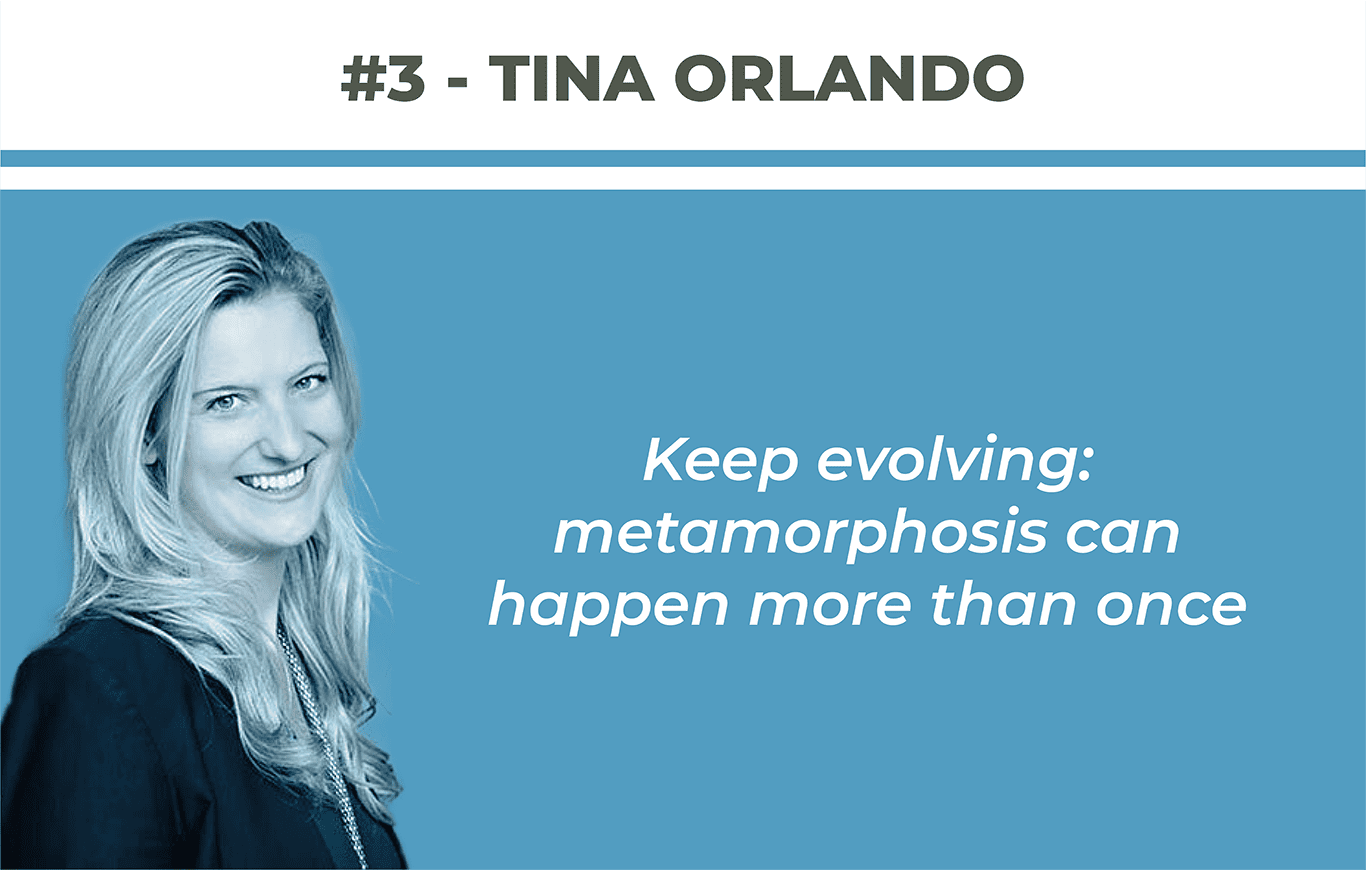
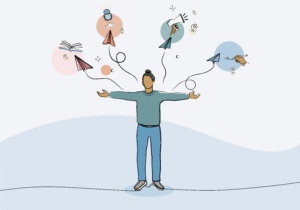



One response to “Portfolio Journey Series: Tina Orlando”
Inspiring interview!